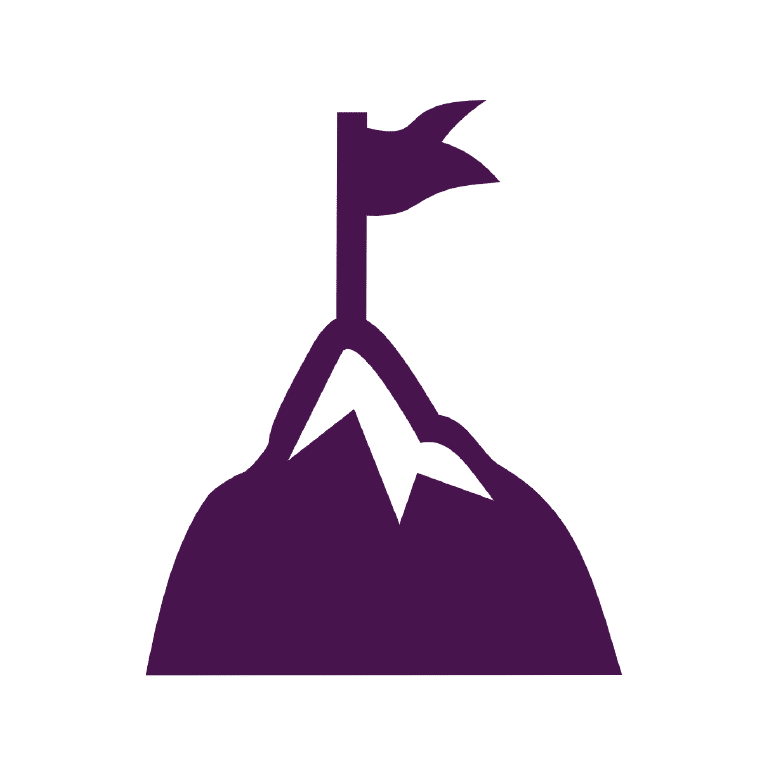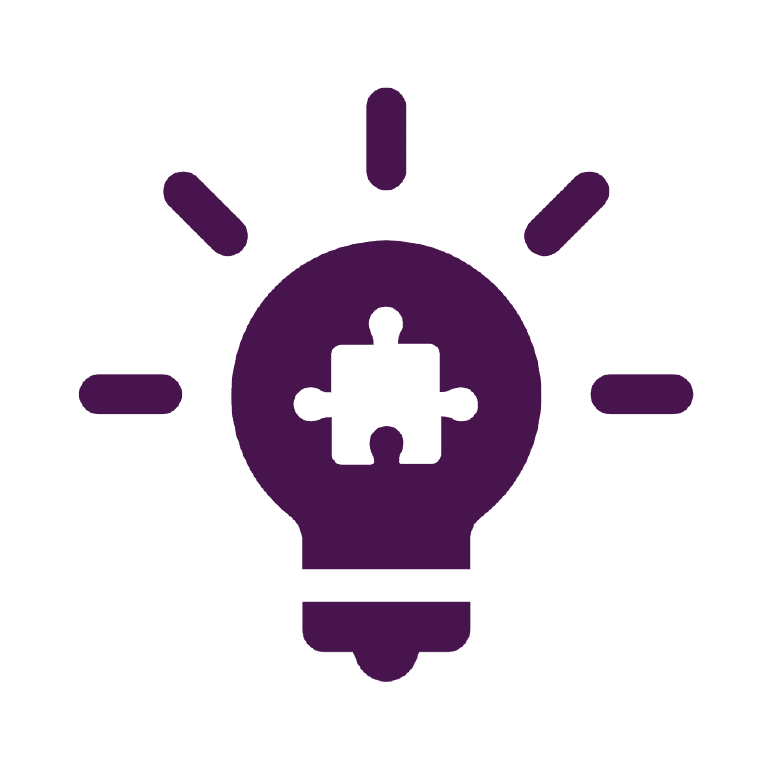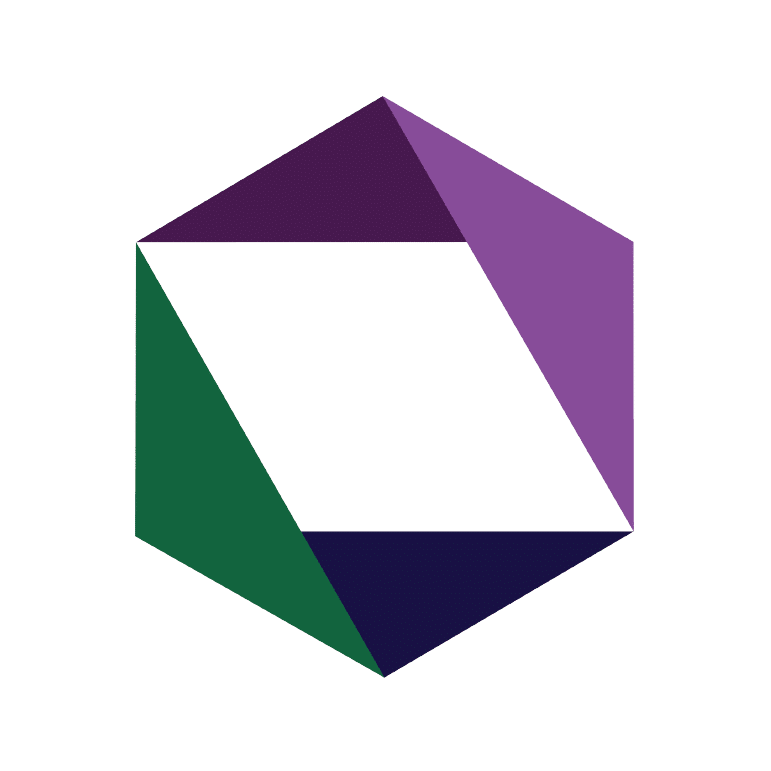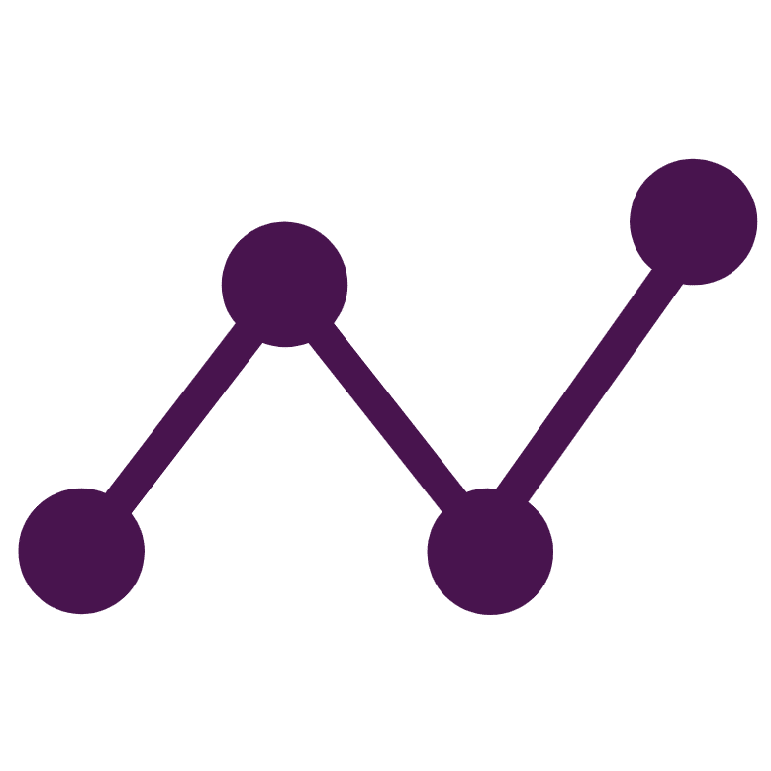
The Challenge
A major multinational pharmaceutical company faced challenges with having information stored across collections of structured and unstructured documents that are difficult to index and search. To address this, the company sought a data fabric solution that extracts relevant information from unstructured documents and builds a knowledge graph that can support discovery and collaboration, on-demand access, and standardization and interoperability. The organization engaged with multiple different vendors to conduct competing proof of concepts (POCs) to evaluate marketplace knowledge and graph capabilities for a defined use case. To support this process, the client sought an external advisor to assess the proposed solutions and capabilities offered by each vendor and offer industry expertise to gauge which data fabric approach would fit their company-specific needs and serve best long term.

The Solution
EK first conducted discovery sessions with stakeholders to capture a clear understanding of the use case and current information ecosystem to have sufficient background to properly assess the vendor solutions in alignment with the client’s target state. Over a 4 month period, EK had active discussions with both the client and vendors regarding the solution demos, and conducted an iterative analysis as each approach developed. At regular check-ins with the client, EK summarized each evolving proposal around four main focus areas of the desired solution: entity extraction, leveraging ontology, making relationships, and front end views. EK further detailed the key differentiators of the vendor solutions, and key considerations that may affect the client’s long-term strategy and implementation.
Ultimately, EK evaluated the selected solutions architecture and tooling on a number of factors ranging from graph creation techniques to alignment with the use case, calculating an average of the individual factor scores for each vendor on a scale of 1-5. EK’s final report provided a detailed analysis of vendor solutions and approaches, as well as considerations for the path to production, using criteria set from best practices along with tailored needs for the client’s use case. Overall, the differentiators that informed EK’s recommendation include:
- Usability: Components of the solution should be user-friendly, explainable and relevant to core business challenges with limited custom development.
- Scalability: Solution should be able to grow with input from the business and not require data engineering skill sets for validation and enhancement.
- Standards: Solutions based on standards provide interoperability between use cases, resist vendor lock, and open opportunity for leveraging linked open data.
- Enterprise Tooling: Selecting a comprehensive knowledge management and graph database solution will support future use cases.

The EK Difference
EK has experience and partnerships with top vendors for taxonomy/ontology management systems, graph databases, data catalogs, data orchestration, and ETL/ELT approaches, which enabled us to expertly advise on the right solutions for the client that meet both the use case criteria and their strategic enterprise tooling requirements. EK’s user-centered and collaborative approach ensured that we had a clear picture of the client’s challenges and needs informing their use case. Maintaining effective communication with the client enabled us to develop an acute understanding of these elements from both a broader enterprise-perspective as well as a zoomed-in day-to-day view. EK’s deep industry expertise in knowledge modeling and implementation, along with this client-focused strategy, prepared EK to effectively assess the proposed approaches from the perspective of the business value, potential for user adoption, and ease of future integration and scalability.
Beyond vendor selection, EK recognized the POC as a starting point for the client to build upon, and that a successful and sustainable implementation depends on a refined understanding of next steps in the context of the use case to achieve the desired end state. To direct our client on an actionable path forward following the evaluation, EK developed a scope and plan for the Minimum Viable Product (MVP), including templates for an MVP Product Definition to refine the specifications, and for Roadmap and Delivery Planning to outline the scope, deliverables, team involvement, and workstream timelines. EK ensured that the client could initiate a smooth transition from the initial POC and vendor selection to a plan for an MVP for their data fabric solution.

The Results
EK identified vendor solutions that best met the client’s ask and were well-suited for long-term operability. The recommendations made by EK, together with the initial building blocks for MVP scoping and planning, will enable the client to adopt a sustainable data fabric solution that improves the connectivity, classification, search, and automation capabilities for content and assets to power multiple end-user experiences, as well as adapt to evolving future use cases and needs for supporting a longer-term data fabric investment.
